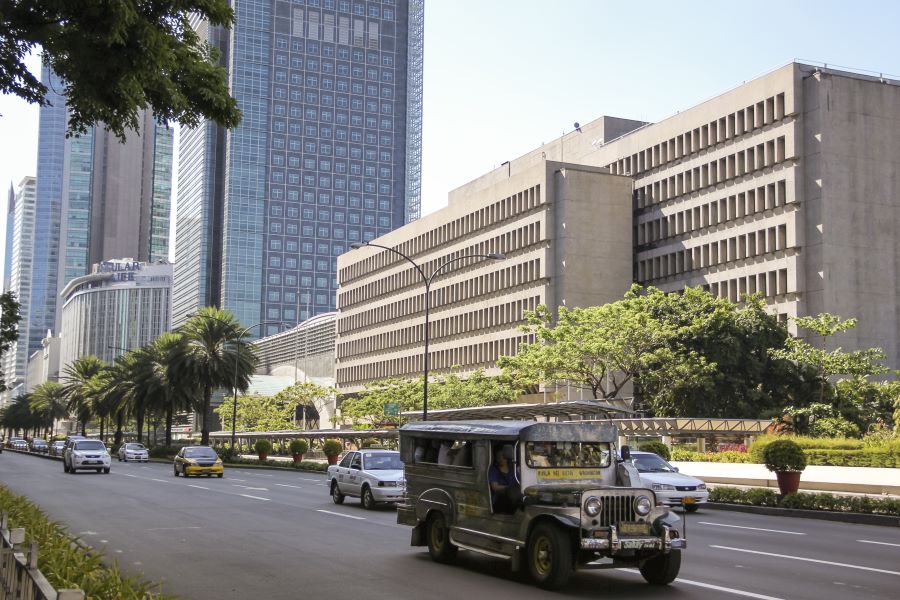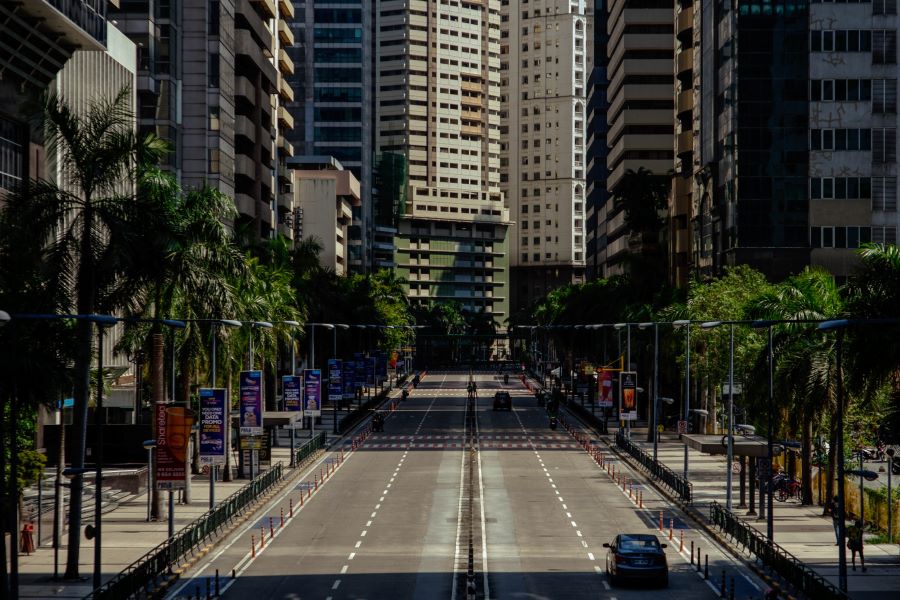A road network is critical to a country’s economic development, it connects cities with one another and ensures the smooth travel of commuters, private vehicles, and logistics solutions. In the Philippines, road networks also function to create economic zones in different parts of Luzon. It also helps mitigate major road build-ups that can hinder productivity and in turn, economic growth.
In the Philippines, traffic congestion is a problem that the government is trying to solve. The Philippine government annually increases its public infrastructure spending to fund the Build Build Build program. Build Build Build was made to connect provinces with major economic centers and improve the state of the roads, especially because $12.45 billion USD or 4.1% of the country’s GDP is lost due to road accidents.
In this blog, we talk about the importance of an excellent road network and what benefits your community can reap from it. Keep reading to learn more about this!
What is a road network?
A road network is a series of streets and intersections that are visualized on a map. Just like how the LRTs and MRT are visualized as lines on a map, so do roads. Road networks provide analysts with the foundational data they need to create more convenient routes.
To demonstrate, if you’ve ever used Waze or Google Maps to help you navigate the streets of Metro Manila, then you’ve already benefitted from road networks. Road networks are what navigation software utilizes to calculate the best route for you.
What are the benefits of a good road network?

There are numerous benefits to a good road network. In fact, the Philippines in partnership with private firms have created toll expressways to ease traffic constraints and lessen the burdens of traffic on economic development.
The roads these partnerships have created link major economic zones and logistic centers in Manila to adjacent provinces to ease traffic congestion and make special economic zones such as Subic, Batangas, and Pampanga more accessible.
Additionally, the improved road networks have reduced the port traffic in Navotas and have spread it out to other provinces. These economic benefits are just one of the numerous advantages you can get from enhanced road networks.
We’ve listed more benefits of road networks below:
-
Lessens travel time
Improved road networks have greatly improved the travel time between localities. The government plans road networks to cut through certain parts of the land to help motorists reach their destinations faster and safer.
Additionally, the construction of expressways helps vehicles navigate to different areas without disrupting local communities and provides motorists with a route that doesn’t have to worry about crossing pedestrians so, they can just focus on getting to their destinations safely.
-
Makes traveling safer
Road networks make communities and travelers safer, especially because proper road developments create a specific area for cars, buses, and trucks to traverse. It can also be an effective way to implement and police speed limits, which can greatly reduce the number of fatal road accidents.
According to the World Bank, cutting the average speed by five percent can reduce fatal road crashes by up to twenty percent. This is especially critical because, in the Philippines, seventy-seven percent of fatal road accidents are from the economically productive age group of 15 to 64 years old.
-
Improves local economies
The introduction of roads to far-flung communities can stimulate the local economy and improve foot traffic in those areas. This is because the construction of roads makes the area more accessible to others. Local communities can anticipate an influx of visitors and they can leverage this by creating areas for these travelers to rest, gas up, and eat.
Another benefit of having high-quality roads for the trucking and transport industry is that it can make transportation more efficient. Operators can plot out routes for convenient commute and material transport through high-volume areas. This can streamline movement in and out of the community.
In the Philippines, it’s common for drivers to avoid certain areas due to poor road construction. This is because drivers are afraid of the damage that low-quality roads can do to their vehicles. Poor road quality may also lead to traffic buildup due to drivers slowing down to minimize the effect of potholes on the vehicle.
To avoid this, national and local government units must work with their constituents to repair potholes with high-quality road patch materials as soon as possible.
-
Good for the environment
Freeways provide cars the space to get to their destinations faster without having to worry about traffic. This can be much better for the environment, especially because when cars are stuck in traffic, the engine becomes idle, and this does more harm to the environment than a moving vehicle.
Engine idling releases harmful exhaust fumes to the environment which can affect the health of those living near the area. In addition, engine idling also accounts for five to eight percent of the fuel use of vehicles. While this may not seem like much during the drive, this can add up to a significant amount when companies and individuals are computing for their transportation costs.

Creating Excellent Road Networks
We’ve talked about the benefits of what a good road network can do for businesses, communities, and individuals. But of course, it shouldn’t end at creating a lattice of roads that connect towns with one another, the foundation of these roads should also be built to last for years.
This is why road construction companies should use high-quality cationic asphalt emulsions, to create smoother roads that can withstand heavier loads for longer periods.
At Rua Seguridad, we provide our clients with top-notch materials to provide communities with excellent roads that will last. Reach out to us today and see what we can do for you.



